There are also irreconcilable differences in education policy. According to conservatives we must focus on characteristic national traditions, and the purpose of education is for our children to be capable of becoming patriots who can carry forward our tried and tested traditions. At the same time, Christian democrats also expect schools to reinforce the sex identity that the Creator has conferred on each child at birth: to help girls become fine and admirable women; and to help boys become men who are able to provide security and support for their families. Schools should protect the ideal and values of the family, and should keep minors away from gender ideology and rainbow propaganda. Liberals see this as medieval backwardness at best, and as clerical fascism at worst. In their view the purpose of school education can only be to lead children towards their inner selves, making them capable of self-realisation, introducing them to the beauties of the universal political order, and therefore peeling away from them the enveloping layers of tradition inherited from the lives of their great-grandparents, grandparents and parents.
Liberals also believe – and for some mysterious reason this is what they defend most ardently – that the sufficient condition for just and morally grounded governance is general, universal reason, and there is no need whatsoever for absolute values revealed by God, and the religious and biblical traditions that have grown out of these. In fact, they say, a dividing wall must be built between church and government, and the influence of religion must be banished from the public sphere. Hungarian readers know little of the breadth, depth and bitter struggles of this debate which extends across the whole of Western civilisation. They believe that this is merely the sedimentary deposit of our Hungarian existence, or perhaps our existence as a “miserable small Central European state”. Therefore they cannot see – and perhaps cannot even appreciate – the unyielding and insightful basic principle in our national-Christian Constitution, according to which the state and church function on distinct parallel paths. Whilst preserving the autonomy of church and state, this seeks to replace separation with the integration of religion into the life of society, maintaining a spirit of tolerance for religious views. Indeed Christian democrats also believe that, in order to strengthen justice, public morals and the common good, the need for religion, biblical traditions and our churches is greater today than it has been for centuries.
The political strategy of liberals is based on dividing the world of politics into two parts. On one side are liberals, who are honest, good people and who accept that all honest, good people must come to the same political beliefs and conclusions on the basis of the rules of reason; and on the other side are those who have strayed from the field of liberalism because their ignorance or primordial instinctive hatred prevents them from moving forward with the times and with history – the self-evident goal of which is to lead us to the happiness provided by liberal world values, world peace and world governance. Therefore, from the viewpoint of loopy liberals, a single group is formed by the following: Trump and Johnson; Christians standing on the foundations of the New Testament and Jews standing on the foundations of the Old Testament; all kinds of ayatollahs; dictators of every rank and order, communists and Nazis; and, without any doubt, we Central European Christian democrats. This is parroted by 90 per cent of the Western media.
We Christian democrats, however, use our own intellectual system to describe the universe of politics. With due modesty one can say that this is more intelligent than the currently dominant but narrow-minded liberal depiction of the world which governs international organisations.
The only chance for Christian democracy is if it engages in an open intellectual and political fight. If it stops prevaricating, and stops acting like a numbskull who fails to see or understand what is going on. If it stands up for itself and articulates the four statements that can change the whole of European politics: our basic national and Christian principles are not liberal; they came into being before liberalism; they stand in opposition to liberalism; today liberalism is destroying them.
Europe and its place in the world
In the middle of the first decade of the new millennium, 81 per cent of all investment in the world economy came from the West and 18 per cent from the East. Today, just over a decade later, 58 per cent of all investment comes from the East and 40 per cent from the West. The pace of technological development is hard to grasp. Europe, which envisages technological competition based in the economy of the civilian sphere, is so far behind that it has lost sight of the United States and China, which are competing on the basis of the economy of the military sphere. And since all epoch-making technology and innovation has arrived in civilian economic systems from research for armed forces, Europe cannot even enter this competition until it has an army of a size which can be taken seriously – in other words, a common army.
Barely twenty years ago the European Union announced that within ten years the euro would be competing with the dollar in the world economy, we would create a single market from Lisbon to Vladivostok, and Europe would storm to the forefront in the global race that is technological progress. These were the goals. What has happened has happened: the dollar has knocked out the euro; we are using sanctions to cut ourselves off from the Russian market; and we are buying important technologies from our competitors.
The EU sensed that things were not moving in the manner and direction it had envisioned. In 2012 the European Commission’s Directorate-General for Research and Innovation noted that in 2010 the EU had contributed 29 per cent to total world production, and predicted that by 2050 this would fall to 15-17 per cent. Today in 2020 this has already happened – so thirty years earlier than predicted. This fine Directorate-General also predicted that demographic problems would lead the European Union to support increased migration, particularly from North Africa and the Middle East. All this was written in 2012!
Another estimate was that by 2050, 20 per cent of the population of Europe – excluding Russia – would be Muslim. Today it seems likely that by 2050 we can expect majority Muslim populations in major Western cities.
It is not surprising that Central European countries have chosen a different future, free of immigration and migration. Nor is it surprising that the focus of V4 policy is on improving competitiveness, even if Brussels wants to move in precisely the opposite direction: climate goals pursued to the point of absurdity, a social Europe, a common tax system, a multicultural society.
It is no surprise that what was foreseeable with a little common sense has indeed happened. The West has lost its attractiveness in the eyes of Central Europe, and the way we arrange our lives does not seem very desirable to the West. In the coming years we need to keep Europe together whilst acknowledging that there seems to be no chance of a change in this historical trend. They cannot force their will upon us, and we are unable to shift them from their current intellectual and political track. Even in this impasse we need to find a way to cooperate, until Europe’s future is decided in Italy: to the right or the left. The withdrawal of the United Kingdom may represent a decline in the power of those who support national sovereignty, oppose migration and believe in economies based on competition. But these forces have succeeded in preventing Brussels intervening to push the Polish Christian democrats out of power, for years they have been stabilising their positions in Croatia and Serbia, the Slovenians are also on the right track towards achieving this, and the survival chances of the Bulgarian governing party and Prime Minister – who are under all-out attack – are not bad either. Babiš and Fidesz are holding up, and the new Slovakian government has not left the V4 camp. The rule of blackmail system known as the rule of law system has not been introduced. Although the Netherlands is conspicuously distancing itself from the European Union, and its position is increasingly reminiscent of the United Kingdom pre-Brexit, we have succeeded in keeping them in for the time being. We have also succeeded in sustaining the survival chances of the eurozone, in preventing the collapse of stricken southern states, and in preserving Central European economic dynamism. And we have not yet been trapped between the grindstones of the global struggle between China and the United States.
We must remain on the path of agreements and compromises, and – no matter what the European Parliament says – we must implement the sweeping financial and budgetary plans that we successfully finalised during the summer. This is possible, providing that the Germans succeed in managing the process for installing Chancellor Merkel’s successor without exceeding Level 4 on the Richter scale.
The virus, protection and prospects
The second wave of the virus is here. We’re already experiencing it. It has arrived – as could be expected, and as we did expect. Just like the first wave, it has come from abroad. It was brought into Hungary from abroad. This is a global pandemic and we live in a globalised world, in which everyone receives their share of not only the benefits, but also major challenges such as the virus. Hungary defended itself well in the spring. We were among the world’s 25 most successful countries. Others were unable to suppress the spread of the virus as effectively as we were, and thereby gave the virus the chance to flare up.
We need to defend ourselves again. There will be critical situations, but everyone who needs the appropriate care will receive it. We can and will protect people’s lives and health. We consulted the people of Hungary in a timely manner: in the National Consultation everyone had the opportunity to express their opinion. Almost two million people did so, and thus decided how we should defend ourselves during the autumn. The will of the people was unanimous: Hungary must continue to function! We cannot allow the virus to again paralyse the country, the economy, schools and everyday life. Accordingly we must defend ourselves against the virus, while simultaneously protecting the lives of endangered elderly people, maintaining the functioning of our schools and kindergartens, and preserving jobs.
This tactic is different from the one we used during the first wave. The situation is different from that in the spring. Back then we had to close down completely, because we were facing an unknown enemy. We had to gain time, so we could prepare the healthcare system. And we succeeded in doing that. We won the first battle. In the spring we flattened the curve of the pandemic, and in doing so were able to prepare the country. Today we no longer have to worry about anyone not receiving appropriate care, as the Hungarian healthcare system is now also prepared to deal with mass infections. Now everything we need to protect ourselves is available: we are producing the required equipment ourselves, as much of everything as is necessary. Hospitals are in a state of preparedness for disease control. We know which hospitals are receiving COVID patients and when, and we can also send doctors and nurses to where they are required. Thousands of qualified professionals are looking after Hungarians’ lives. Anyone who falls ill will be in good hands in hospital.
The new wave of the pandemic will demand greater responsibility from all of us. The success of the defence operation will depend on whether or not we all follow the rules. We must take special care of our elderly parents and relatives. The family is not complete without them: they are irreplaceable.
It is now time for our experts. They are the ones who can once again tell us how to protect ourselves well and successfully. A well prepared healthcare system, conscientious professionals, broad cooperation. We already succeeded once in the spring; we will succeed again together in the autumn.
An old joke from communist times: “We know what’ll happen, but what’ll happen to us until then?” We know that there will be elections in the spring of 2022. Until then, there will be the defence operation. According to the more optimistic virologists, a vaccine that can be deployed against the coronavirus could be developed by the spring of 2021. Because of the secrecy of pharmaceutical companies protecting their commercial interests and a race between the great powers, a sea of fake news is confusing hopeful people, and encouraging tens or hundreds of thousands of would-be virologists to engage in speculation. Our scientists involved in the work of the Operational Group also hope that good news could arrive at some point next year. And when the vaccine is ready, we still need to acquire a few million doses, following which we can begin the planned vaccination of those who apply to receive it. In the meantime we must continuously strengthen our state of preparedness and our healthcare system which will bear the main burden, upgrade the management system, accelerate digitalisation, rationalise administrative burdens, and bring order to the tangled legal situation. In addition to the already ongoing 70 per cent pay increase for nurses, we need to provide a breakthrough pay deal for doctors. And we must do all this while defending the country and continuing the various forms of restructuring that we began in the spring.
Similarly we are expecting the Economic Operational Group to devise economic measures that are capable of protecting jobs, the standard of living of families, and the security of pensions. And in fact we are expecting even more from them. They are the ones who must swing the country from defence mode to attack mode. We do not simply want to protect the level and standard that Hungary has achieved over the past ten years, but to also ensure that, even after the pandemic, everyone is able to take one step forward every year. Between 2015 and 2019, per capita gross domestic product (GDP) increased by 39.65 per cent, while that of Germany increased by 13.3 per cent and that of France by 10.1 per cent. Following such success, we cannot be satisfied with less; we have proven that we are capable of it, and that we have the required talent, strength, knowledge and willpower. Hungary must not withdraw into its shell like a snail, but must continue to move forward, flow, increase and rise – like a Liszt rhapsody, or sparkling wine. This is a huge task, and this is why [Minister of Finance] Mihály Varga will be Hungary’s least envied person in 2021.
It is my hope that we can arrive at the 2022 elections having successfully defended ourselves against the virus, and with a strengthened healthcare system, economic growth that has been driven to unprecedented heights, full employment, a home creation boom that eclipses even the previous one, and the thirteenth month’s pension, which is in the process of being reintroduced.
Meanwhile we will have no peace from the Left, on whom we cannot depend – even now, amidst the greatest difficulties and in a global pandemic. All we can count on from them is backstabbing and backbiting, the undermining of national strength and solidarity, sniping at political leaders and experts leading the country’s defence operation, snitching and betrayal in Brussels, sabotage and trickery. This is the Left we have ended up with. What’s more, they are now mixed in with Jobbik. Together this concoction is fermenting in a sealed jar. One doesn’t know whether to laugh or cry.
And although it may be an entertaining sight, the stakes are huge, as is usually the case here in the Carpathian Basin. Again in 2022 the issue will be our freedom.
The usual suspects
Freedom is the ability to decide for oneself. The central issue throughout more than 1,100 years of history in the Carpathian Basin has always been the preservation or restoration of a free and independent Hungary. Every day we had to fight to acquire or retain the right to decide matters for ourselves. This thought permeates Hungarian history; it is this community of freedom that unites the people who live in the Carpathian Basin.
The greatest threat to national self-determination today is the network that promotes a global open society, and seeks to abolish national frameworks. The goals of a George Soros-style network, which has unlimited financial and human resources, are clear: to create open societies of mixed ethnicity through the acceleration of migration, to dismantle national decision-making and hand it over to the global elite.
Against this, in order to strengthen the national framework, Europe in the early 2010s saw the development of a national resistance movement, in which Hungary has been a considerable force from the very beginning. The 2010 change of government in Hungary and constitutional revolution offered the opportunity to dismantle the frameworks and structures that serve the interests of the liberal and colonising global elite. To this end, a new Fundamental Law [Constitution] was adopted, and a raft of new legislation and unorthodox measures were enacted. National politics has broken away from narrow elitist ideologically-driven governance, and has constructed the new political order through actions in line with the desires of society. The foundation of this is freedom, or the capacity for independent decision-making.
The battle between the global elite and the national resistance is not over. It is clear that the global elite is not resigning itself to allowing politics that goes against its interests to take root in Central Europe.
We saw what happened in the Polish presidential election. In the spring it seemed that the Polish left was still in ruins, and that their eternal infighting would give their candidate no chance of winning. But this isn’t what happened. In just a few weeks, the candidate of the Left – with the Soros network, the Brussels elite and the international media standing behind him – forced the national side into making a major effort. In the end Andrzej Duda was only just able to overcome his left-wing rival in a very close fight.
We should not deceive ourselves: the global elite will apply the same strategy in Hungary in the 2022 election campaign.
Their instrument is the Left, which has already failed several times. The leader of this is Ferenc Gyurcsány, its youth organisation is Momentum, and its billionaire sponsor is George Soros. They are the forces from the past, who have already ruined the country once.
Although various party logos still exist on the opposition side, and we can sometimes hear the sounds of quarrelling from within their ranks, there are in fact no longer any parties with their own free will. The work is complete: everyone from Jobbik to the LMP has been ground down and stuffed into the sausage skin. Communities that once had independent identities have been replaced by a left-wing people’s front that serves the Soros network.
They are preparing for a decisive battle in 2022. Behind them they will have the international media, the Brussels bureaucrats and the NGOs in the guise of civil society organisations. We can have no doubt that they will do everything possible for power and money. The time has come for us, too, to marshal our forces. After difficult years of governance, we must now return to the election battlefield. It is time to gather up our equipment, so that when the time comes we can ride out to battle. A great battle awaits us in 2022. Prepare for it.
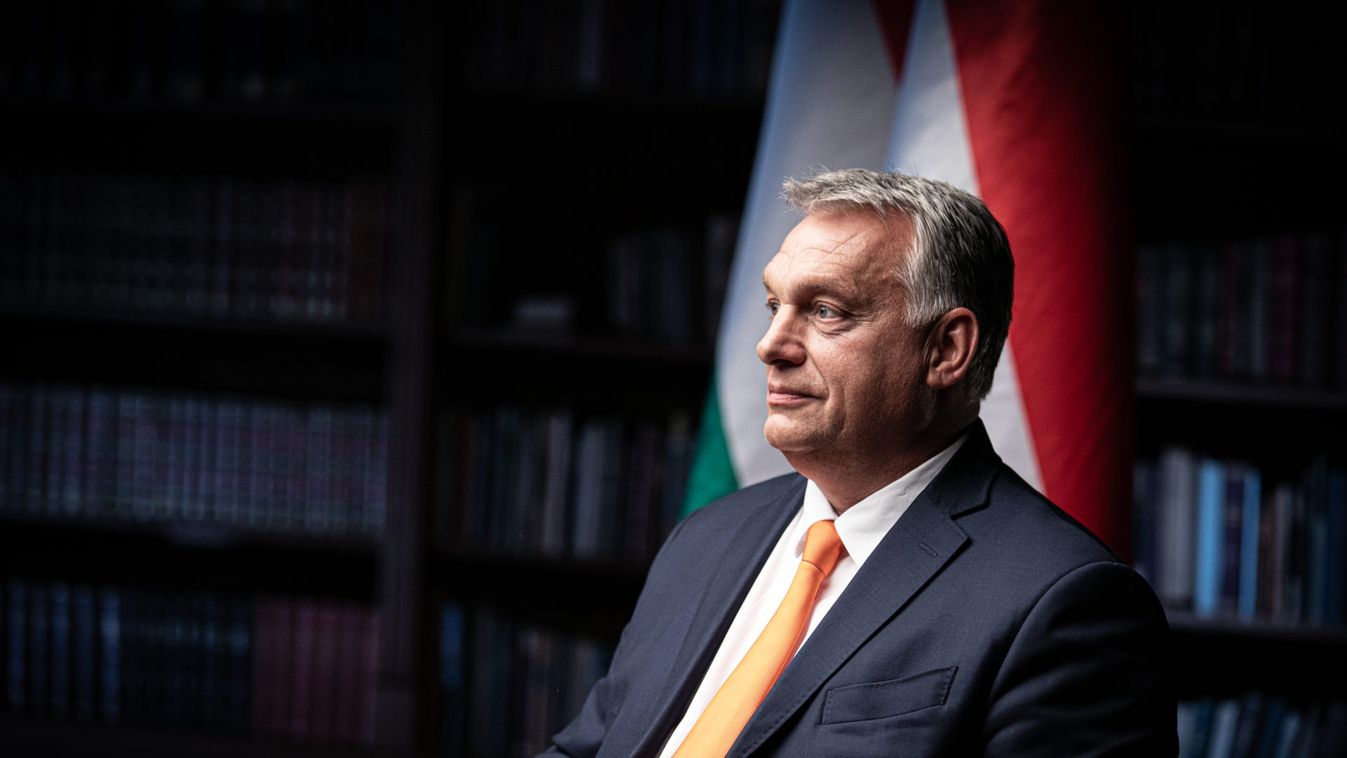
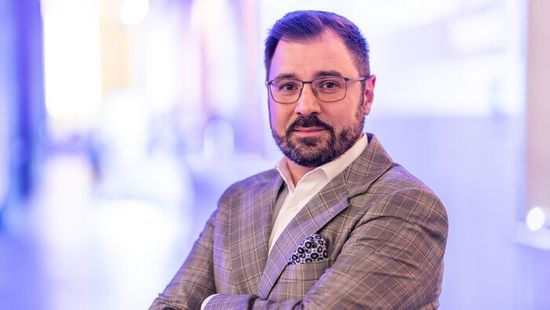
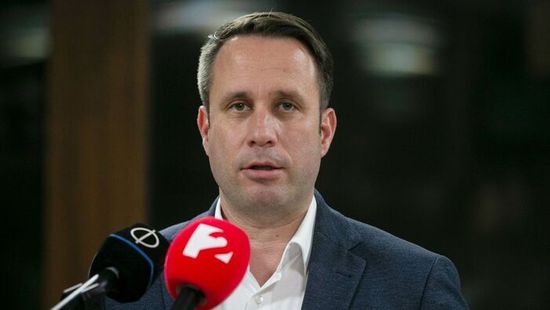
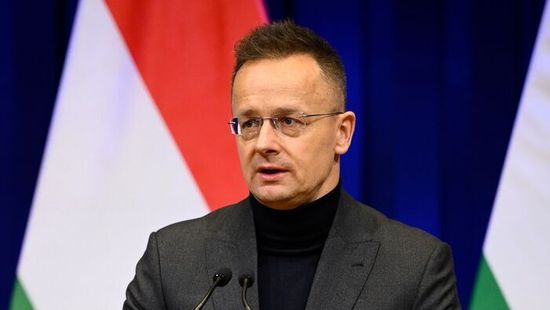


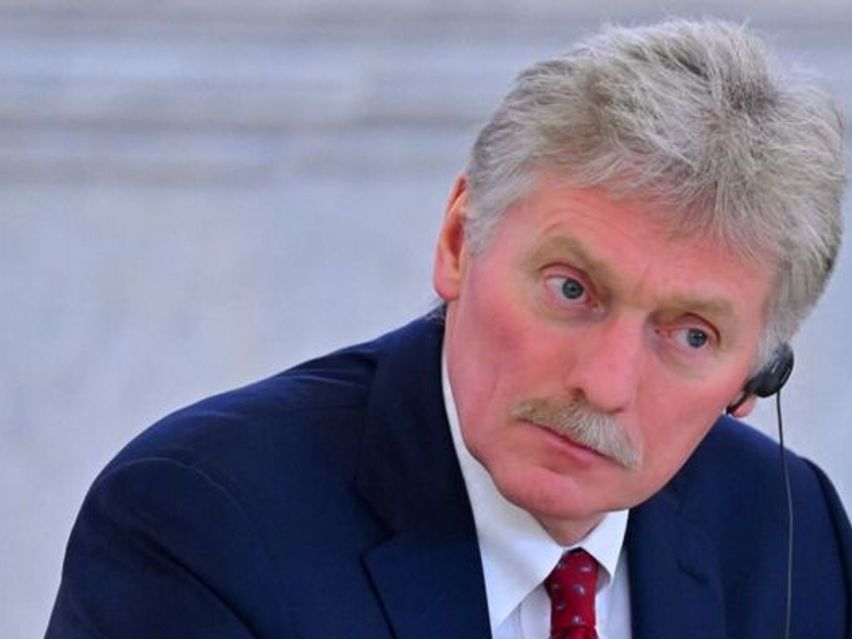
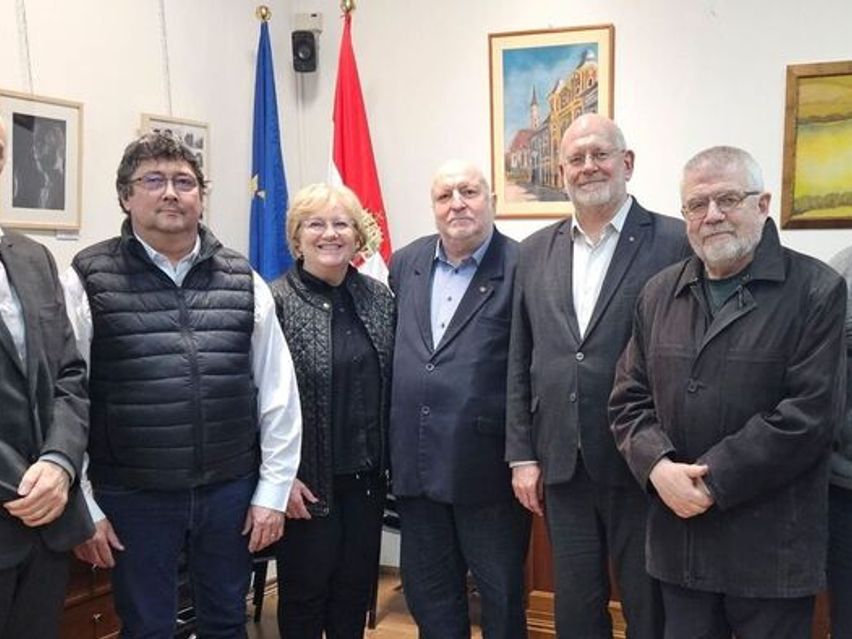
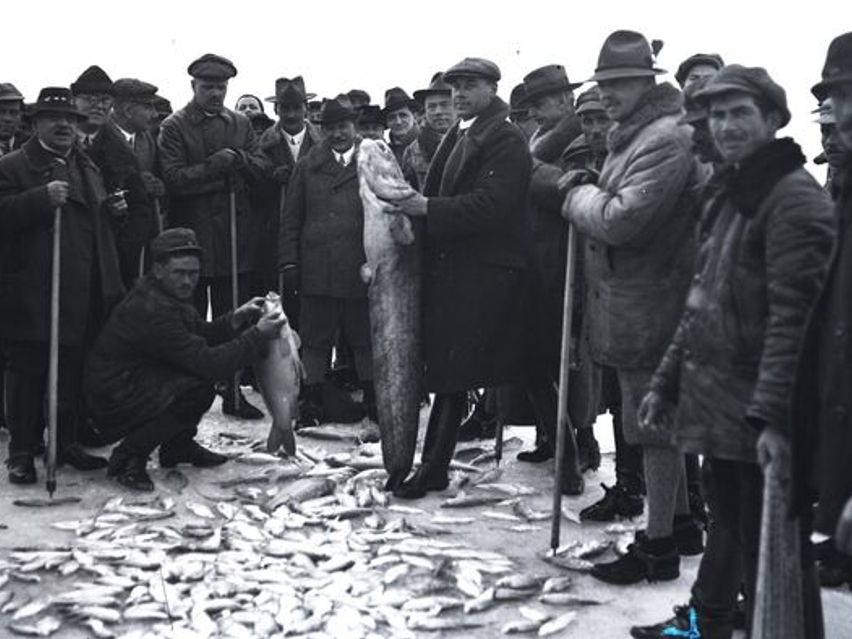
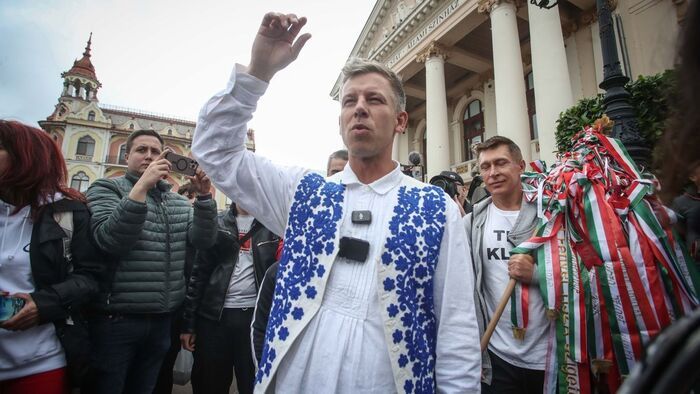

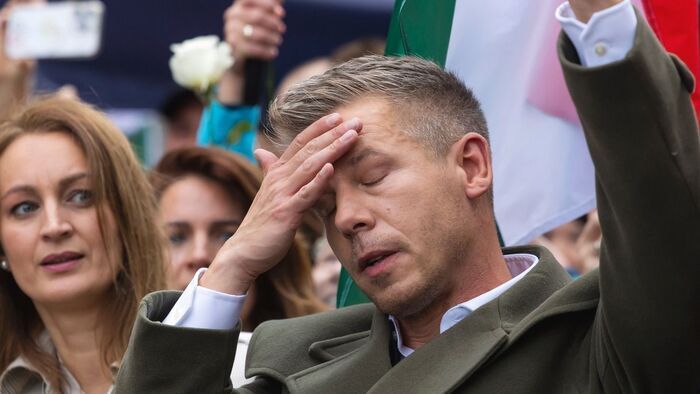
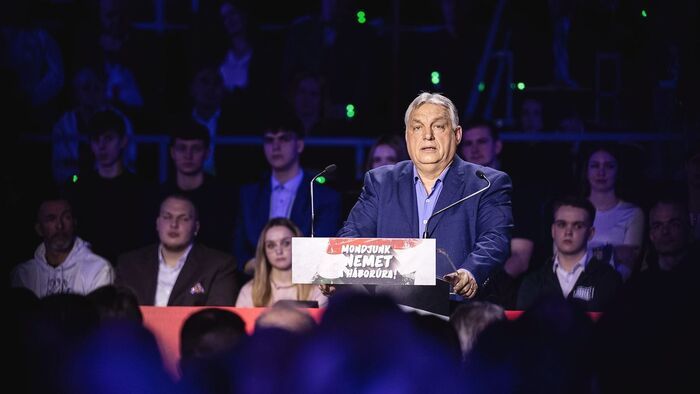


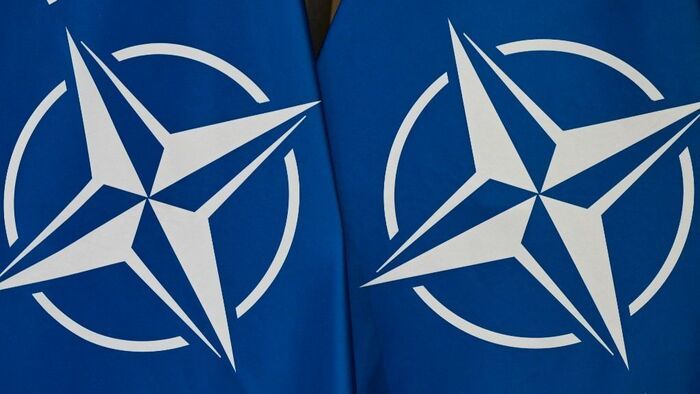
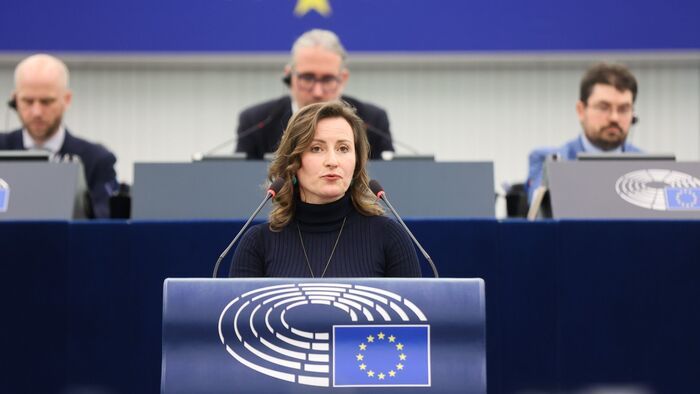


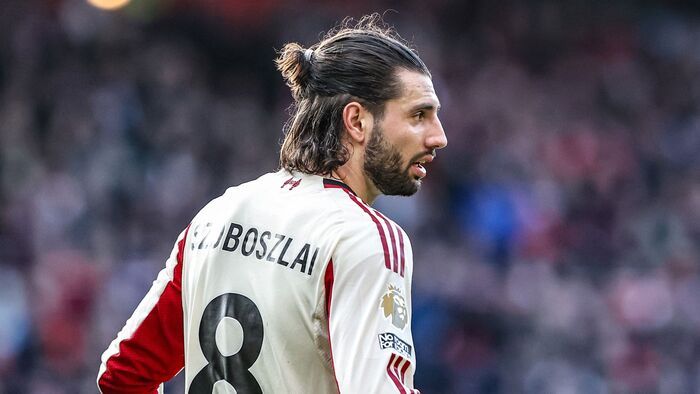
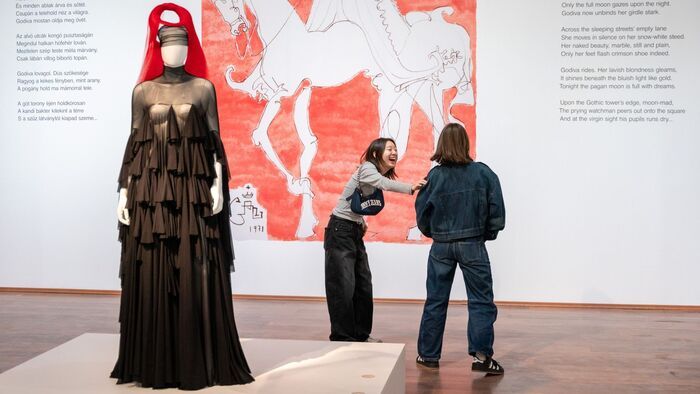


Szóljon hozzá!
Jelenleg csak a hozzászólások egy kis részét látja. Hozzászóláshoz és a további kommentek megtekintéséhez lépjen be, vagy regisztráljon!